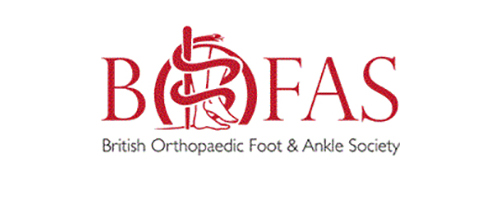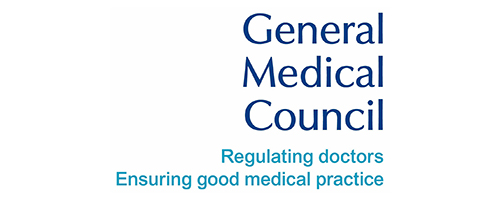Achilles Tendon Disorder
The Achilles tendon is subject to constant forces when we walk and as such develops areas of minor damage. Usually our body can repair these but as we get older, or if we ignore the symptoms, the extent of these minor injuries can exceed the body’s ability to repair them. This results in pain and swelling in the tendon and difficulty participating in activities. This typically occurs either where the tendon attaches to the heel (called insertional tendinopathy) or higher up the tendon where the blood supply is poorest (non-insertional tendinosis).
How is Achilles Tendon Disorder Diagnosed?
Usually we can diagnose the problem by examining your leg. If the problem is at your heel we will arrange standing X-rays to look at the heel bone and the attachment of the tendon. An ultrasound or MRI can help quantify the problem, which is especially useful in troublesome cases or when considering more advanced treatments.
What are the treatment options?
The vast majority of people will get better with time, reducing their activity levels and careful calf stretches. We will arrange for a physiotherapist from our local team of experts to ensure you have the correct stretching technique. The eccentric stretches (lowering below a step) can be very effective but challenging and it important that you are doing them correctly. If you have insertional tendinopathy, a simple insole to raise your heel and ensuring that your shoe does not rub on the lump will help. If needed a more advanced orthotic will help to improve the forces going through the tendon.
If you are not responding after 3 months of stretching we will reassess and suggest which second line treatments would suit you. We frequently use shockwave therapy in such patients with good results. Occasionally we may recommend surgery if other treatments fail. Surgery is not without risk and can take a long time to fully get over so our surgeons will need to be happy that all appropriate other treatments have not worked.
CONTACT INFORMATION
Private Secretary: Jo Evans
joanne.evans66@nhs.net
NHS Secretary: Jo Brindle
jo.brindle@wvt.nhs.uk







